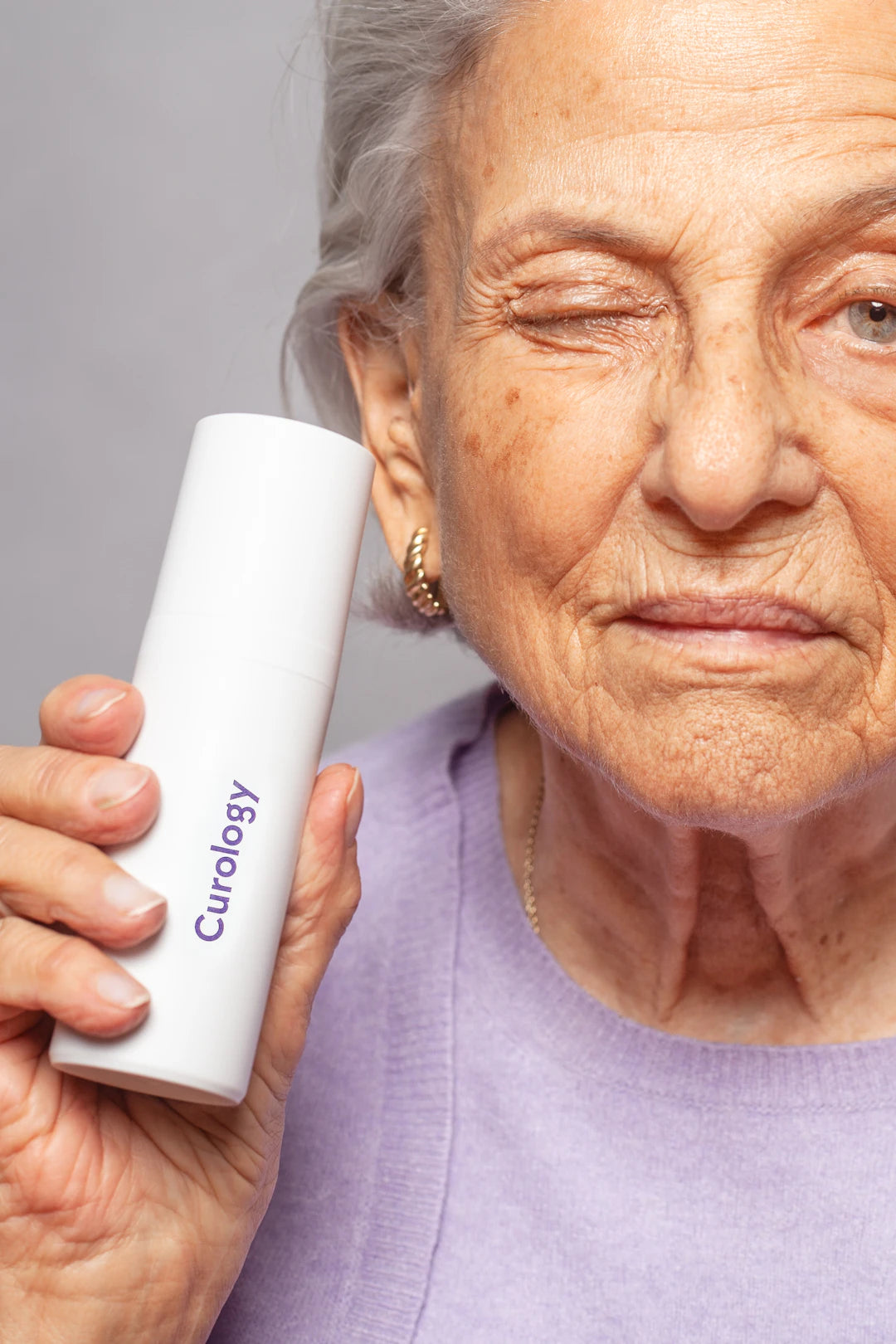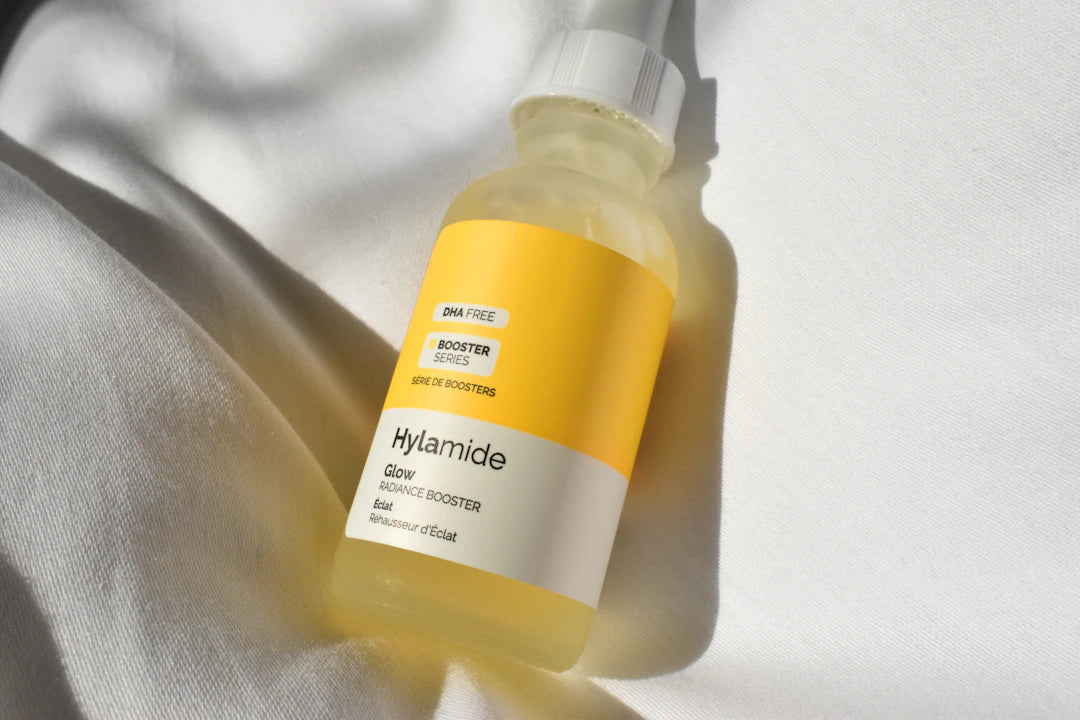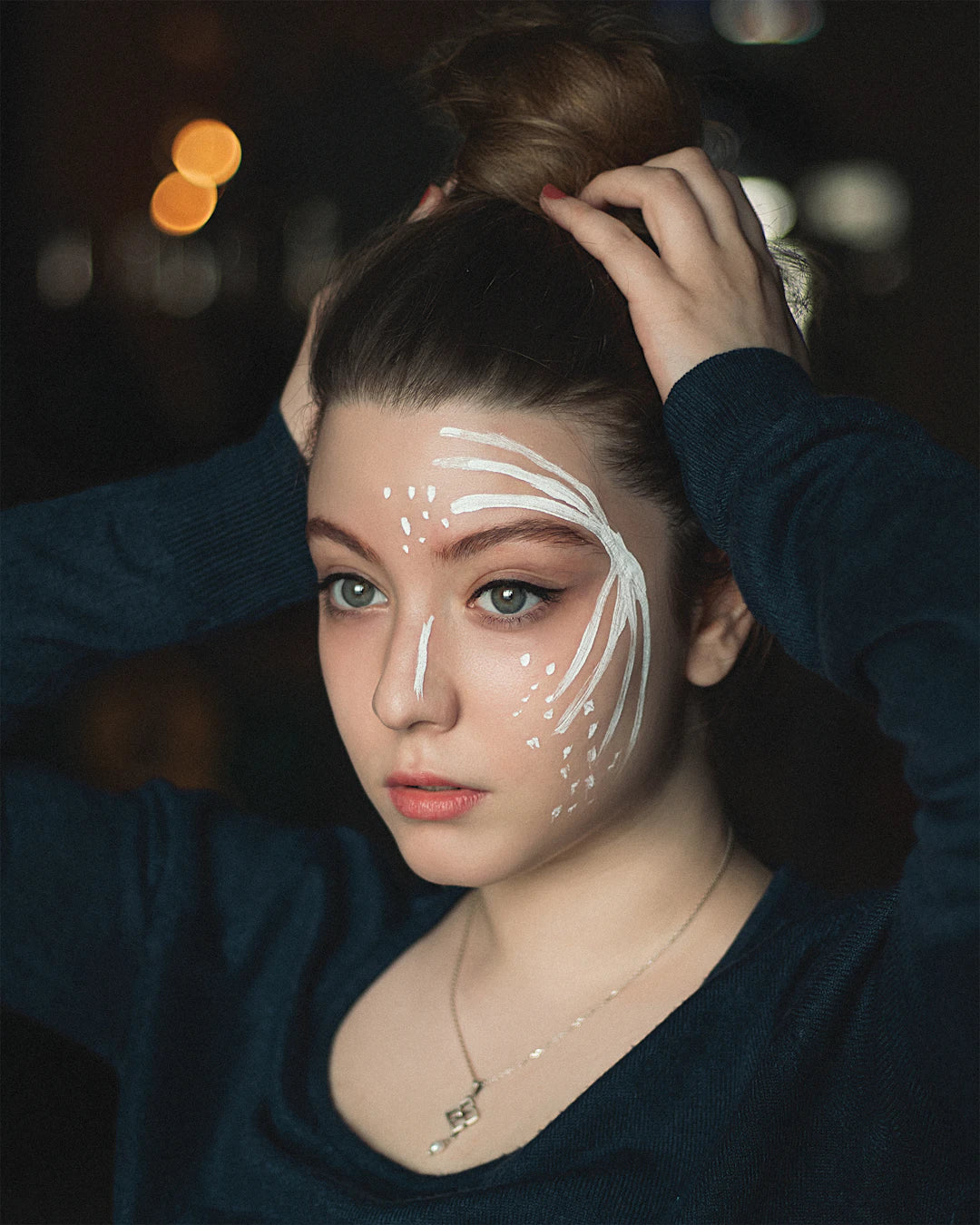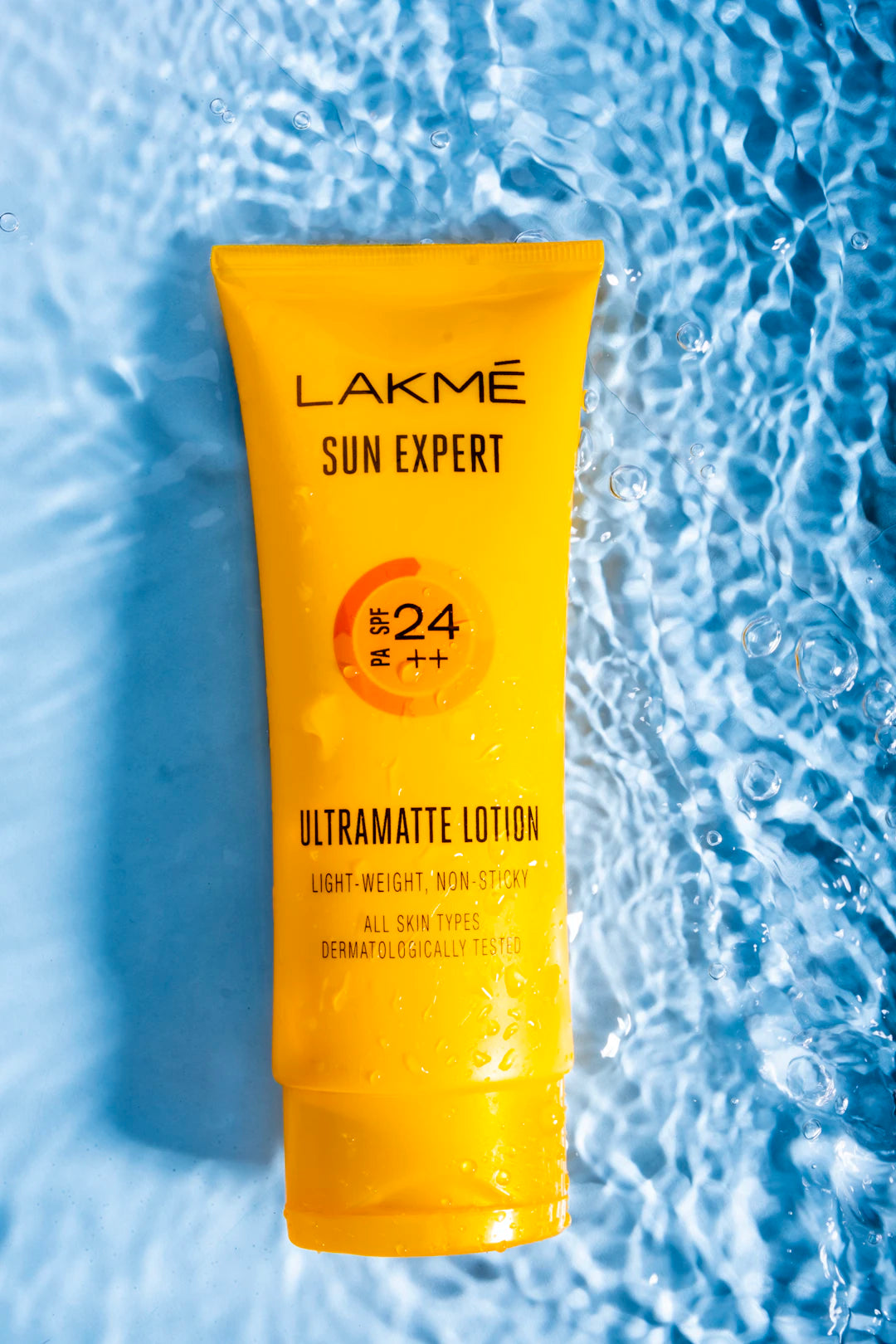Unlock Radiant Skin: The Ultimate Guide to Moisturizing and Finding Your Perfect Formula

Frequently Asked Questions
1. What is the first step in finding the right moisturizer for my skin?
2. What are the characteristics of oily skin?
3. What key ingredients should I look for in a moisturizer?
4. How should I apply my moisturizer for best results?
5. Can I use the same moisturizer throughout the year?
If you’ve ever looked in the mirror and felt your skin was lacking in glow or hydration, you might need to re-evaluate your moisturizing routine. Moisturizers are essential for maintaining healthy, radiant skin, but with so many options available, how do you find the right formula tailored for your unique skin type? In this comprehensive guide, we’ll delve into the nuances of moisturizing, signatures of great products like micro serums, and how skin tightening can enhance your overall skin health.
Understanding Your Skin Type
The first step in finding the right moisturizer is understanding your skin type. Identifying your skin’s needs will help you select products that perform optimally. Below are the primary skin types and their characteristics:
Oily Skin
Characterized by an excess production of sebum, oily skin often appears shiny, especially in the T-zone (forehead, nose, and chin). While it may seem counterintuitive, moisturizing is crucial even for those with oily skin. Opt for lightweight formulas like gel-based moisturizers or oil-free options.
Dry Skin
If your skin feels tight, rough, or flaky, you likely have dry skin. Look for rich moisturizers containing hydrating ingredients such as hyaluronic acid, ceramides, or glycerin. A nourishing cream can help prevent moisture loss and restore a soft, smooth texture.
Combination Skin
This skin type features characteristics of both oily and dry skin, with shiny areas and dry patches. A balanced moisturizer that caters to both extremes is essential. Look for formulas that hydrate without being overly greasy.
Sensitive Skin
If your skin often reacts to products, you may have sensitive skin. Products free from fragrances and irritants are your best bet. Look for soothing ingredients like aloe vera and chamomile to calm and hydrate your complexion effectively.
Key Ingredients to Look For
Finding the right formula means knowing what to look for in your moisturizer. Here are some potent ingredients recognized for their transformative effects on the skin:
Hylauronic Acid
This powerful humectant draws moisture from the environment into the skin, making it a favorite for all skin types. This ingredient helps plump up your skin, promoting a youthful appearance while keeping it hydrated throughout the day.
Ceramides
Ceramides are lipids that help restore the skin's barrier, preventing moisture loss and keeping your skin soft and supple. They're crucial for anyone looking to maintain healthy moisture levels, especially individuals with dry or sensitive skin.
Peptides
Peptides are known to encourage skin renewal and can complement the effects of skin tightening treatments. This important ingredient can help increase collagen production, which contributes to the skin's firmness and elasticity.
Micro Serums
Micro serums are light, concentrated formulas designed to penetrate deep into the skin layers. They offer potent hydration and skin benefits with minimal weight. Ideal for layering under moisturizers, micro serums can enhance hydration while improving texture, leaving your skin feeling rejuvenated.
Understanding Moisturizing Techniques
Applying moisturizer correctly can significantly impact its effectiveness. Here are some best practices to ensure you maximize moisture retention:
Timing is Everything
For optimal hydration, apply your moisturizer while your skin is still damp. After cleansing, pat your skin lightly and apply your moisturizer to lock in the moisture, enhancing its overall effect.
Layering Products
Consider layering your products for enhanced efficacy. Start with a serum that targets your specific skin concerns and then apply a cream or lotion on top to seal in the hydration. Remember to use a product like a micro serum before other heavy creams.
Don't Forget Your Neck
Your neck area is often neglected, yet it’s just as prone to signs of aging as your face. Apply your moisturizer and any serums to your neck as well to create a unified, youthful appearance.
Seasonal Adjustments to Your Moisturizing Routine
Just like we change our wardrobe with the seasons, we should adjust our skincare routines, including moisturizers. Here’s how to modify your approach as the seasons shift:
Winter
Cold, dry air can strip the skin of moisture, leading to dryness and irritation. Emphasize thicker creams or balms with occlusive properties to guard your skin against the harsh elements. Ingredients like shea butter or petrolatum can help keep your skin shielded and hydrated.
Summer
In warmer months, humidity can affect your skin’s need for moisture. Lighter gel-based moisturizers are often sufficient, allowing your skin to breathe while preventing excessive oiliness.
Transition Months
During spring and fall, your skin might need a hybrid approach. Look for versatile moisturizers that adapt to the variable weather, making sure they’re hydrating but not too heavy.
Debunking Moisturizing Myths
While we’ve covered the essentials of moisturization, there are also plenty of myths that may mislead you during your skin-care journey. Let’s clear the air:
Myth: Oily Skin Doesn't Need Moisturizer
Many people assume that their oily skin can forego a moisturizer. Not only is this untrue, but failing to moisturize can cause your skin to produce even more oil in response to dryness.
Myth: The More Moisturizer, The Better
Using too much moisturizer can lead to clogged pores and breakouts. Applying a thin, even layer is usually more beneficial than slathering on a thick coat.
Myth: Expensive Products Are Always Better
Price doesn’t always equate to performance. Many affordable moisturizers deliver excellent results without straining your budget. Always assess the ingredient list rather than the sticker price.
Customize Your Moisturizing Routine
Customization is key in skincare, and with today’s vast array of options, you can create a routine that’s truly yours. Use the following tips to personalize your moisturizing regimen:
Patch Testing
Before incorporating a new moisturizer or serum, always do a patch test to avoid any adverse reactions. Apply a small amount of the product to an inconspicuous area and wait 24 hours to check for irritation.
Seasonal Products
Consider having different moisturizing products for different seasons or occasions (e.g., heavier creams for winter and lighter gels for summer). This approach can ensure your skin receives the appropriate care throughout the year.
Explore New Formats
Don’t be afraid to experiment with different moisturizer formats. From creams to oils to gels, various textual experiences can offer beneficial results. Find what feels best for your skin.
The Final Touch – Maintaining Healthy Skin
Building a successful moisturizing routine is just one part of ensuring your skin stays vibrant and healthy. Other factors come into play, like maintaining a healthy diet, staying hydrated, and protecting your skin from sun damage. Invest in quality sunscreens and antioxidants to complement your moisturization efforts. Incorporate skin-tightening treatments if needed, as they can lift and tone your skin, contributing to that youthful glow.
Always listen to your skin and tweak your approach as necessary. The journey to achieving the perfect moisturizing balance may take time, but with the right tools and knowledge, you're fully equipped to find your ideal moisturizing formula. Your radiant complexion awaits!


